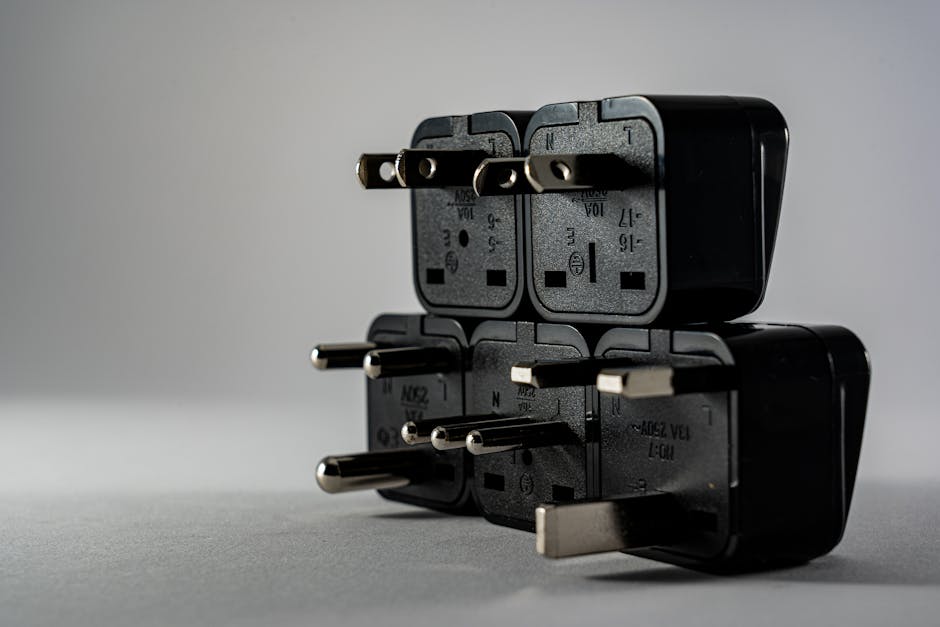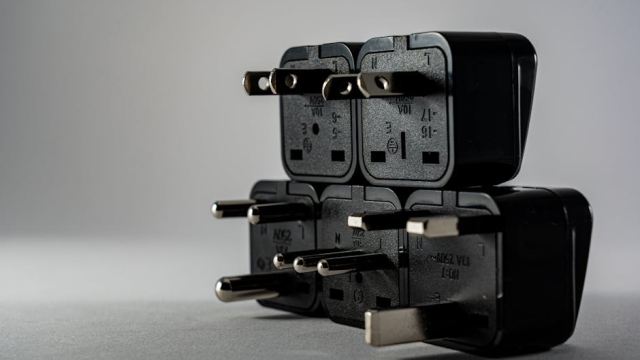Overview of Cold Chain Manufacturing Solutions

In the realm of logistics and supply chain management, the integrity of temperature-sensitive products is crucial. cold chain manufacturing solutions are essential for industries that require strict temperature controls, such as pharmaceuticals, food and beverage, and biotechnology. These solutions ensure that products remain in optimal conditions throughout the entire supply chain, preserving quality and safety. As customers become increasingly aware of the importance of product integrity, businesses must adopt effective cold chain strategies to maintain competitiveness and ensure compliance with industry standards.
Overview of Cold Chain Manufacturing Solutions
Cold chain manufacturing solutions encompass a variety of processes, technologies, and strategies aimed at maintaining the necessary temperature ranges for products that are sensitive to heat and other environmental factors. The cold chain is a temperature-controlled supply chain that involves a sequence of storage and distribution activities designed to keep products in a specified temperature range. This is particularly vital for perishable goods like fresh produce, dairy products, and vaccines, which can degrade or lose efficacy if exposed to unsuitable temperatures.
Key Technologies in Cold Chain Logistics
Several key technologies play a pivotal role in facilitating cold chain logistics. One of the most fundamental components is the refrigeration system, which includes units for both storage and transportation. These systems must be reliable and efficient to ensure that the desired temperature is consistently maintained throughout the supply chain. Innovations in refrigeration technology have led to energy-efficient designs that minimize operational costs while maximizing performance.
Monitoring devices are another critical aspect of cold chain solutions. These devices track temperature and humidity levels in real-time, providing valuable data that helps stakeholders make informed decisions. Advanced monitoring solutions may include IoT-enabled sensors that transmit data to centralized systems, allowing for immediate alerts if temperatures fall outside acceptable ranges. This technology not only enhances operational efficiency but also ensures compliance with regulations and standards.
Best Practices for Maintaining Temperature Integrity
To ensure the effectiveness of cold chain manufacturing solutions, it is essential to implement best practices throughout the supply chain. One key practice is regular training for staff involved in handling temperature-sensitive products. This training should cover proper storage techniques, transportation protocols, and emergency procedures in case of equipment failure.
Another critical practice is the use of insulated packaging. This packaging helps maintain temperature stability during transit, particularly for products transported over long distances. For instance, using thermal blankets or gel packs can provide additional protection against temperature fluctuations.
Case studies demonstrate the success of these best practices. For example, a leading pharmaceutical company implemented a comprehensive training program for their logistics staff, resulting in a significant reduction in temperature excursions during transportation. By combining effective staff training with advanced monitoring technologies, the company was able to enhance their cold chain integrity and improve customer satisfaction.
Future Trends in Cold Chain Solutions
The future of cold chain manufacturing solutions is likely to be shaped by increasing demands for transparency and traceability. Consumers and regulators alike are calling for greater visibility into the supply chain, prompting businesses to adopt technologies that provide real-time data. Blockchain technology, for example, may offer a means of securely recording the journey of temperature-sensitive products, ensuring that all stakeholders have access to essential information.
Additionally, sustainability will continue to be a driving force in cold chain solutions. Companies are exploring eco-friendly packaging materials and energy-efficient refrigeration systems to reduce their environmental impact. By staying ahead of these trends, businesses can not only enhance their cold chain processes but also align with consumer expectations for sustainability.
In conclusion, cold chain manufacturing solutions are vital for protecting the quality and safety of temperature-sensitive products. By embracing key technologies and best practices, businesses can ensure the integrity of their cold chain logistics. For more information on how to implement effective cold chain solutions, visit CNI CESTA for valuable resources and insights.
